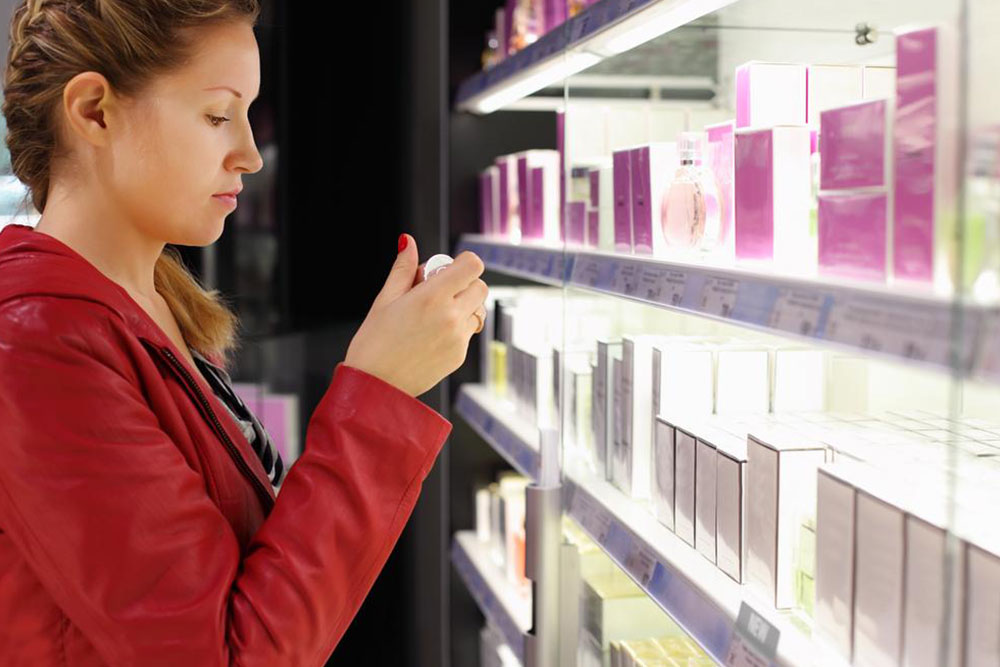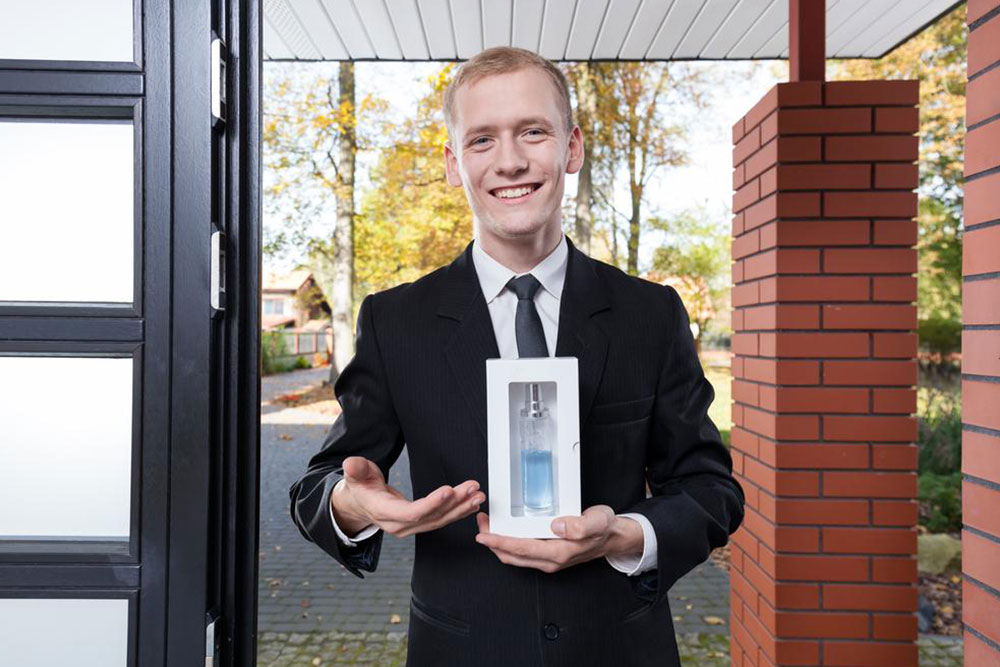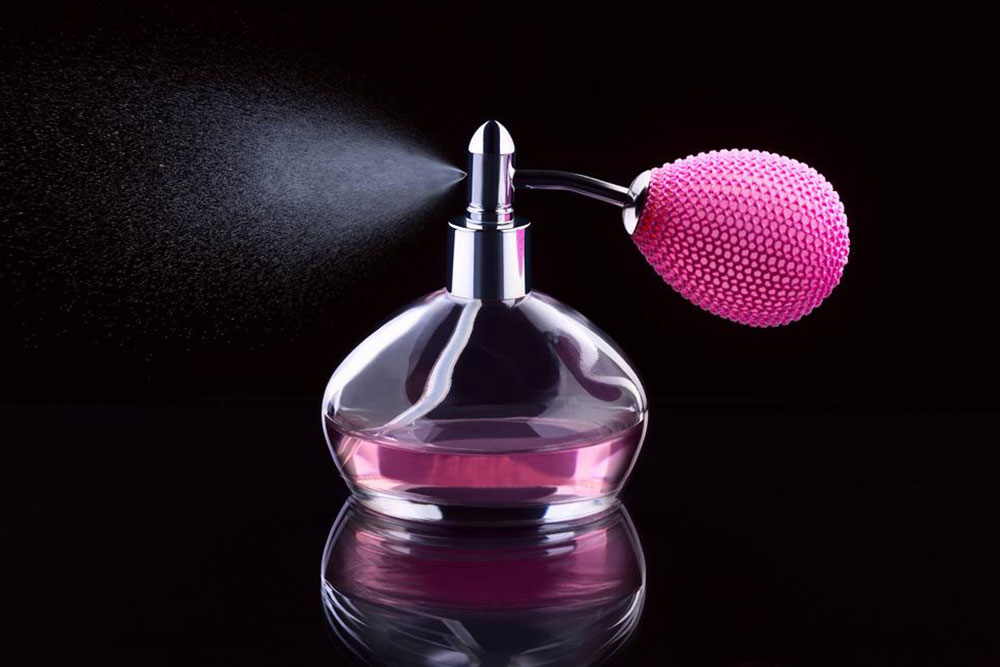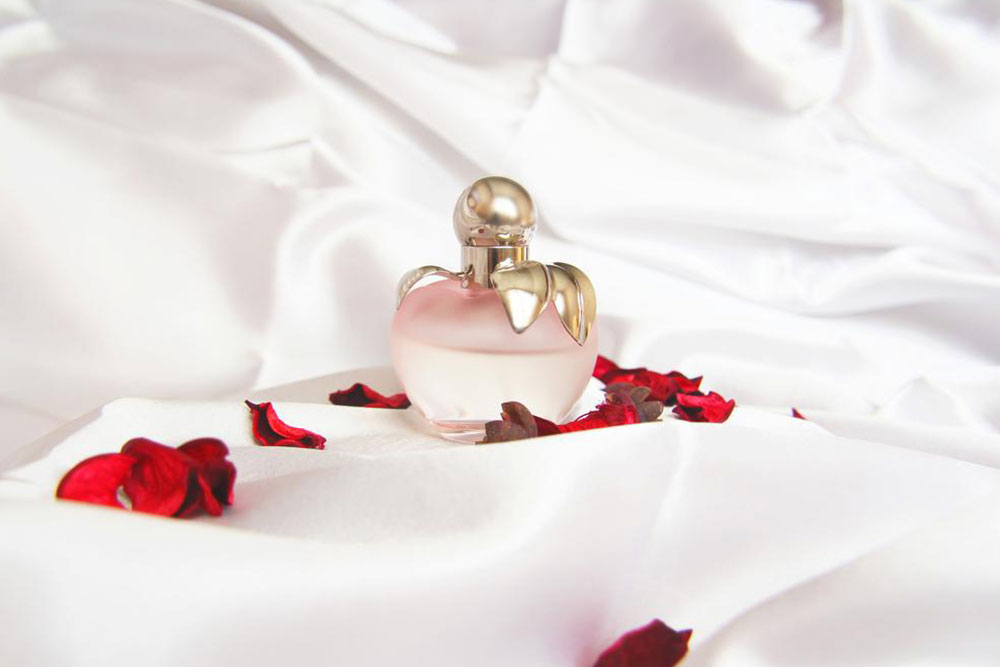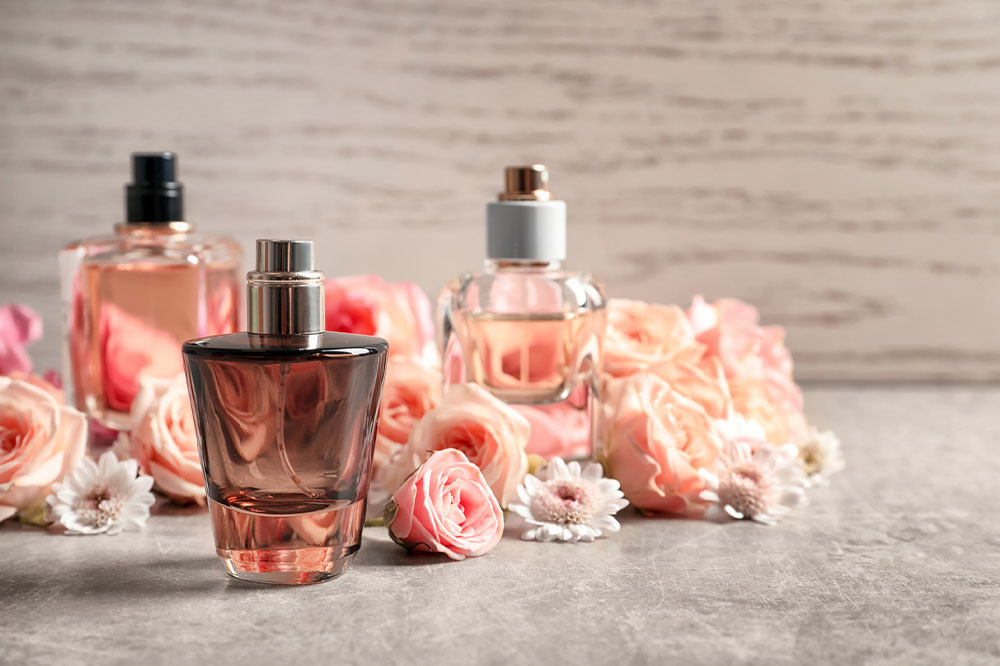The Evolution and Expansion of the Fragrance Industry: A Comprehensive Historical Perspective
Explore the rich history of the fragrance industry, from ancient Egypt to modern global markets. Discover key developments, trade influences, technological innovations, and current trends shaping today's perfume landscape. This comprehensive overview highlights how perfumery has evolved into a sophisticated industry that combines art, science, and commerce, offering insights into its future direction.
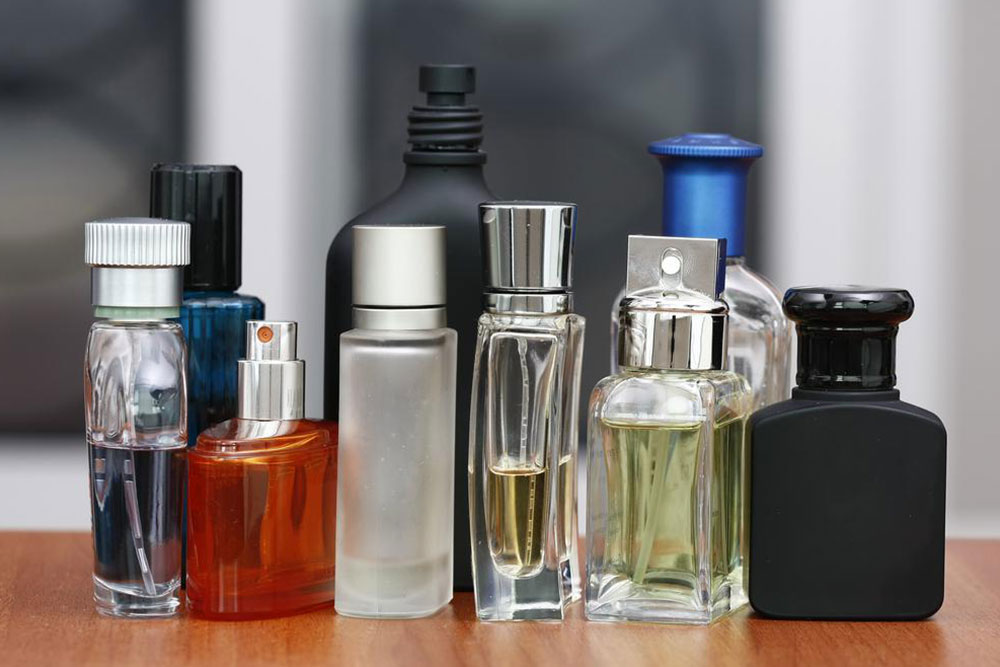
The world of fragrances boasts a history that spans several millennia, reflecting humanity's timeless fascination with scent and aroma. From rudimentary aromatic mixes in ancient civilizations to today’s sophisticated perfume markets, the fragrance industry has evolved tremendously, blending art, science, and commerce. This detailed exploration traces the origins, development, and modern advancements of fragrances, revealing how they have become an integral part of human culture, luxury, and daily life.
Origins of Fragrance Craftsmanship
The earliest use of scented substances can be traced back to ancient Egypt, where it is believed that the first intentional efforts to create perfumes occurred. These early experiments laid the groundwork for a craft that would transcend centuries. The Egyptians, along with civilizations in Mesopotamia, began exploring ways to harness natural aromas. Interestingly, perfume creation during this era was often a combination of both scientific experimentation and spiritual significance, serving purposes from religious rituals to personal adornment.
Furthermore, the Persians and Romans significantly advanced the art of perfumery. These ancient cultures crafted refined fragrances, often as gifts for royalty and nobility, emphasizing the social importance of scent. In Persia, the art of distillation—a technique for extracting essential oils—was refined, allowing for more concentrated fragrances. Meanwhile, Roman elites popularized the use of perfumes in everyday life, spreading fragrance culture across their empire through trade and conquest. The process of flower distillation, which was invented around 1300 BC, played a pivotal role in creating more diverse and complex scents, enabling perfumers to experiment with various botanical ingredients long before modern equipment was developed.
Medieval and Renaissance Progressions
During the medieval period, the craft of perfumery continued to evolve with significant contributions from Arab alchemists and European artisans. The introduction of new raw materials such as exotic spices and rare flowers expanded the palette of fragrances available. The belief that pleasant scents could influence health and mood also took hold, leading to the development of aromatic medicines and perfumes with purported therapeutic benefits.
Throughout the Renaissance, perfumery became closely linked with the emerging scientific method. Perfume makers experimented extensively with raw materials like rose, jasmine, musk, and ambergris, seeking to create long-lasting and balanced compositions. These creations often became symbols of status and power, with elaborate scent bottles and personalized fragrances serving as luxurious accessories for the elite.
Industrialization, Trade, and the Rise of Global Fragrance Markets
The advent of the Industrial Revolution in the 18th and 19th centuries marked a turning point in the production of perfumes. Technological innovations enabled larger-scale manufacturing and more consistent quality. The global trade routes expanded, facilitating the exchange of raw materials—such as vetiver from India, sandalwood from Southeast Asia, and vanilla from the Americas—transforming the supply chain of perfume ingredients. These advancements not only increased accessibility but also sparked fierce competition among perfumeries.
Trade centers like Grasse in France, often called the world's perfume capital, gained prominence during this time. They became hubs for cultivating aromatic plants and producing high-quality essential oils. The development of synthetic aromatic compounds in the 19th century also revolutionized the industry, making fragrances more affordable and allowing perfumers greater creative flexibility by mixing natural and synthetic ingredients.
The 20th century saw the rise of iconic perfume brands and designer fragrances that have persisted into contemporary markets. The creation of celebrity-endorsed scents, luxury perfume houses, and global marketing campaigns elevated the industry to a glamorous status, turning perfumes into symbols of identity and personal expression.
Modern Fragrance Industry — Trends and Innovations
Today’s fragrance industry is a complex blend of tradition and innovation. Countries like France, the UK, the US, and the Middle East serve as major perfume hubs. Modern consumers are increasingly seeking personalized, sustainable, and luxury fragrances, prompting brands to develop tailored scent profiles and eco-friendly formulations.
Technological advancements in scent development, including digital scent synthesis and enhanced extraction techniques, have expanded creative possibilities. The emergence of niche brands and artisanal perfumeries reflects a shift toward unique, limited-edition fragrances that cater to individual preferences. E-commerce platforms have revolutionized how consumers access and purchase perfumes, making it easier than ever to explore diverse scent profiles from anywhere in the world.
Moreover, the industry continues to prioritize sustainability, sourcing raw materials responsibly and reducing environmental impacts. The integration of storytelling and branding around natural ingredients and ethical practices appeals to modern consumers who value transparency and authenticity.
In conclusion, the fragrance industry has a rich history rooted in ancient innovation and cultural exchange, continually evolving through technological progress and shifting consumer tastes. Today, it stands as both an art form and a lucrative global enterprise, with a promising future driven by creativity, sustainability, and personalization.
